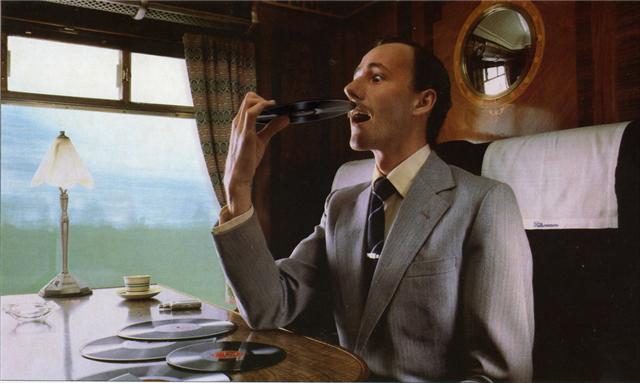Secret Falklands fleet revealed
Lord Owen said similar action should have been taken in 1982
A Royal Navy task force was sent to the Falkland Islands to defend them from Argentine attack five years before the war there, archive papers have shown.
The flotilla led by nuclear-powered submarine HMS Dreadnaught was thought to have deterred a 1977 invasion.
James Callaghan's government secretly ordered Operation Journeyman after 50 Argentine "scientists" landed on South Thule, prompting fears of an attack.
The details have been disclosed for the first time by the National Archives.
The Argentines eventually invaded the Falklands five years later in 1982.
Intense secrecy
Lord Owen, who was foreign secretary in 1977, said that if Margaret Thatcher's Conservative government had taken similar action to that of five years earlier, the war would not have happened.
The papers show Lord Owen insisted the 1977 mission was conducted in intense secrecy. Even the crews did not know where they were going.
OTHER ARCHIVE RELEASES
UK Watergate report
Wilson feared island spies
"There is no need for anyone to know the destination of the frigates. They should be sent on exercise in the Atlantic," he said.
"Only at sea need they know they are going south, even then I cannot see why anyone, other than the captain, should be told their purpose."
The Argentine government was privately warned by the UK that a nuclear submarine was in the area, but other countries were said to be unaware.
The archive papers show there was much nervousness in Whitehall, especially over the operation's legality.
'Risk to life'
Ministers wanted to create an "exclusion zone" around the islands - as happened in 1982 - but notes warned that could be "politically escalatory, probably illegal and could set an unwelcome precedent".
The issue was fudged as Attorney General Sam Silkin was only asked for his advice on the legal situation after the fleet left.
Concerns were so high, HMS Dreadnaught was told if it was attacked by Argentine anti-submarine weapons it must "surface or withdraw at high speed submerged, whichever will be of least risk to life".






